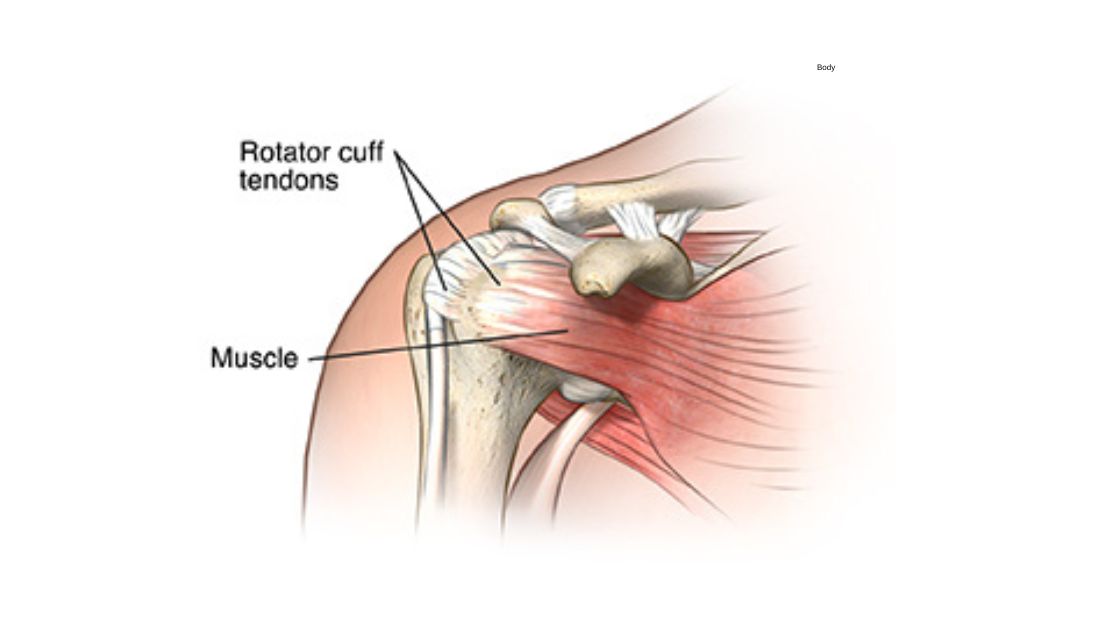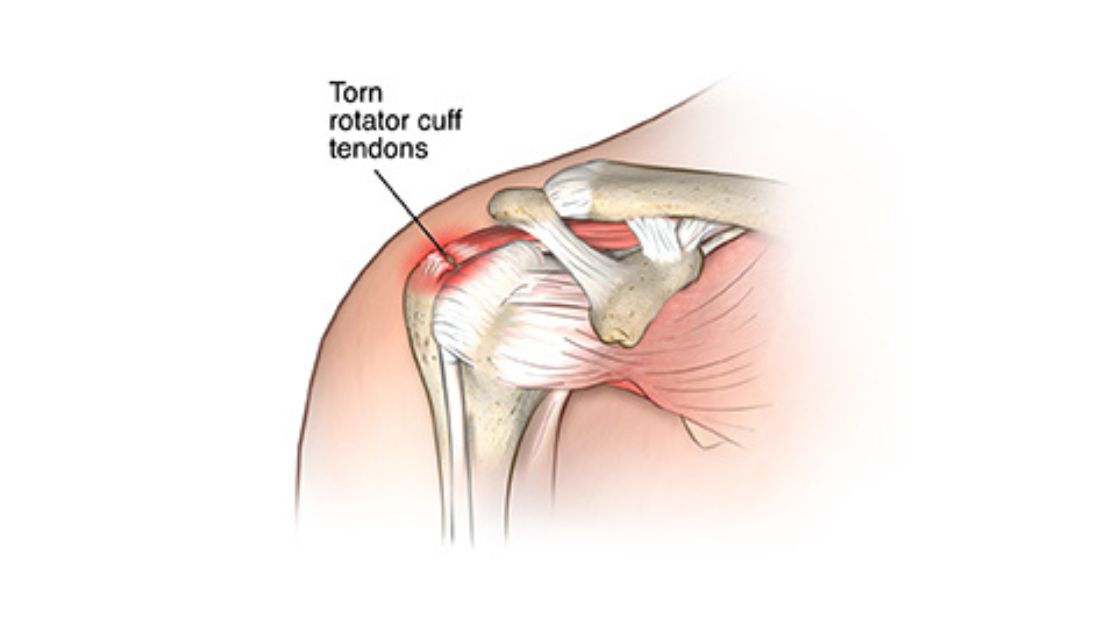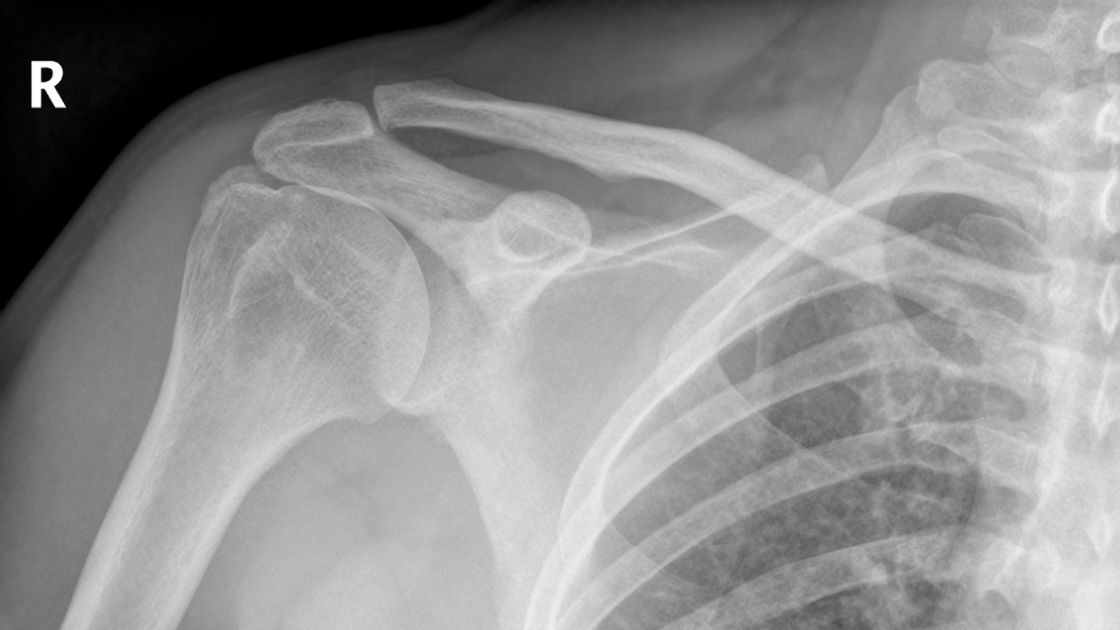The journey back to full strength and mobility after a rotator cuff injury, whether managed through nonsurgical treatments or surgical intervention, involves a comprehensive rehabilitation program. This program is pivotal in ensuring the shoulder heals correctly and regains maximum function.
Role of Physical Therapy
Physical therapy is integral to the recovery process, with programs tailored to the specific needs of each patient based on the severity of their injury and their treatment (nonsurgical vs. surgical).
Early Recovery: Initially, the focus is on reducing pain and inflammation. For surgical patients, this phase also includes protecting the repair while it heals. Gentle exercises to maintain mobility in the shoulder, elbow, and wrist are introduced.
Strengthening Phase: As healing progresses, exercises to strengthen the shoulder and improve flexibility are gradually incorporated. This phase aims to restore the strength of the rotator cuff muscles and improve the function of the shoulder joint.
Advanced Rehabilitation: The final phase includes more strenuous exercises and activities that simulate the patient's daily tasks or sports-specific movements. This phase prepares the patient to return to their normal activities or sports with a reduced risk of re-injury.
Recovery Timeline
Nonsurgical Recovery: Patients undergoing conservative treatment for a rotator cuff injury may see improvement within a few weeks to months, depending on the injury's severity and their adherence to the physical therapy program.
Post-Surgery Recovery: Recovery from rotator cuff surgery is typically longer, often taking several months. Patients may not achieve full strength and mobility until 6 to 12 months post-surgery. The exact timeline can vary based on the repair's extent, the quality of the tendon tissue, and the patient's overall health and commitment to rehabilitation.
Importance of Adherence to Rehabilitation
Patient Commitment: Successful recovery from a rotator cuff injury requires a significant commitment from the patient. Following the physical therapist's recommendations closely, attending all therapy sessions, and performing prescribed exercises at home are essential for a successful outcome
Adjustments to Therapy: Rehabilitation programs may need adjustments based on the patient's progress and any challenges encountered during recovery. Open communication with the physical therapy team ensures that the program remains effective and aligned with the patient's recovery goals.
Rehabilitation and recovery from a rotator cuff injury are collaborative efforts involving the patient, physical therapist, and orthopaedic surgeon. By fully engaging in the rehabilitation process and adhering to prescribed treatment plans, patients can achieve the best possible outcomes and return to their preferred activities with confidence.



